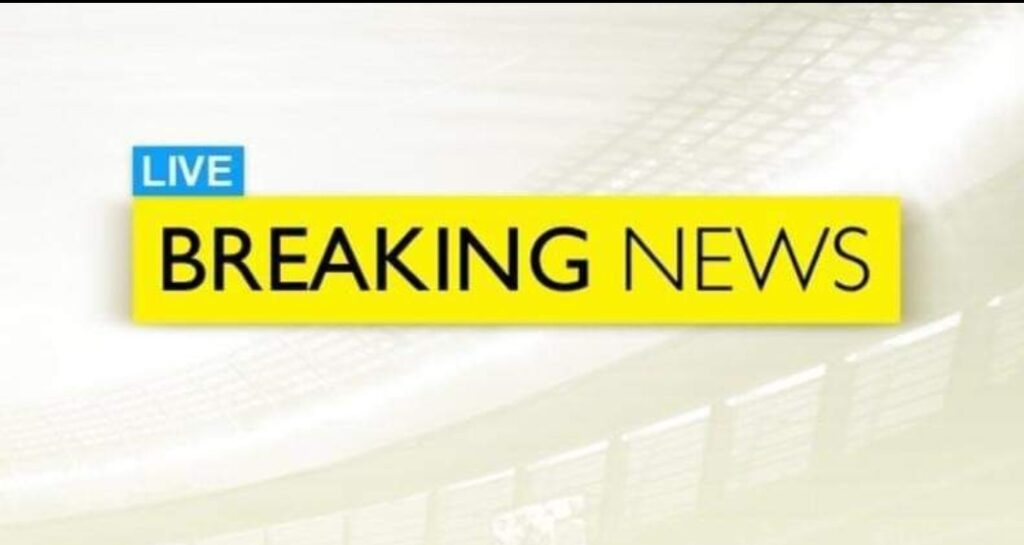In November of the previous year, Fenway Sports Group’s president, Mike Gordon, faced an unwelcome call from Jurgen Klopp, the manager of Liverpool FC. Klopp conveyed a decision that diverged from the optimistic outlook the club’s American owners had anticipated. Despite having extended his contract until 2026 a few months earlier, Klopp revealed that he felt depleted and lacked the vigor to continue leading the team at Anfield.
Klopp’s choice wasn’t influenced by financial considerations or alternative job prospects; rather, it stemmed from a desire to take a hiatus from the rigorous demands of elite football management. Although the news came as a shock to FSG executives John W Henry and Tom Werner, they recognized the futility of attempting to dissuade Klopp. Respecting his decision, they afforded him the necessary time and space.
The announcement wasn’t hastily made public, as Klopp aimed to ensure that the club’s staff, players, and supporters heard it directly from him before others. Transparency was a priority for Klopp, believing it crucial for his inner circle and their families to start planning for the future.
Klopp’s departure also entails the exit of his assistants Pep Lijnders and Peter Krawietz, along with first-team development coach Vitor Matos. Despite uncertainties surrounding other backroom staff members, Klopp emphasized that Lijnders and Matos are poised to embrace new challenges, coinciding with his own year-long sabbatical set to commence in the summer.
